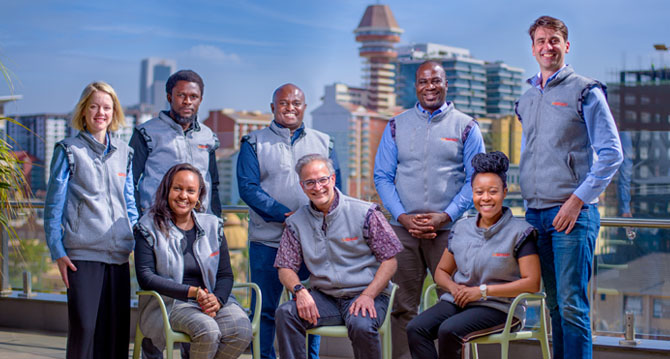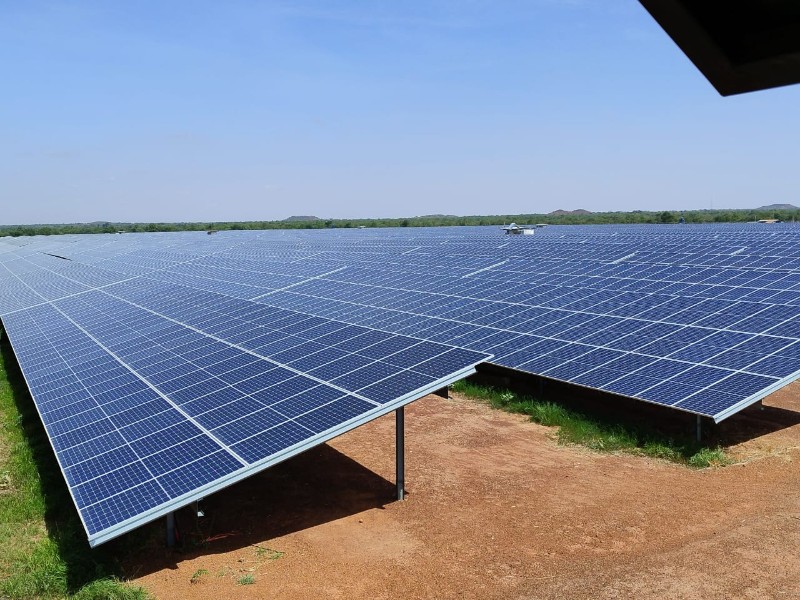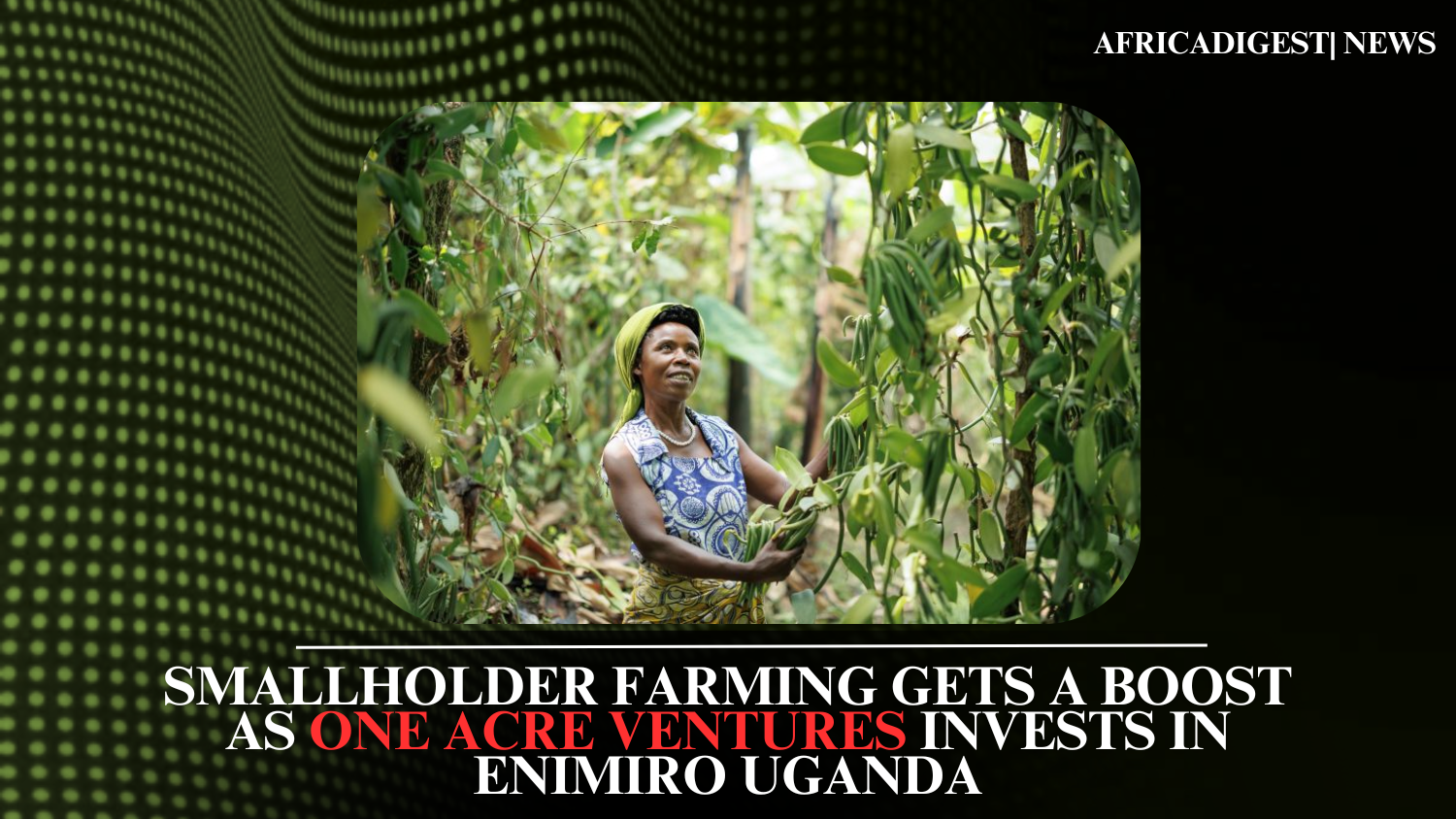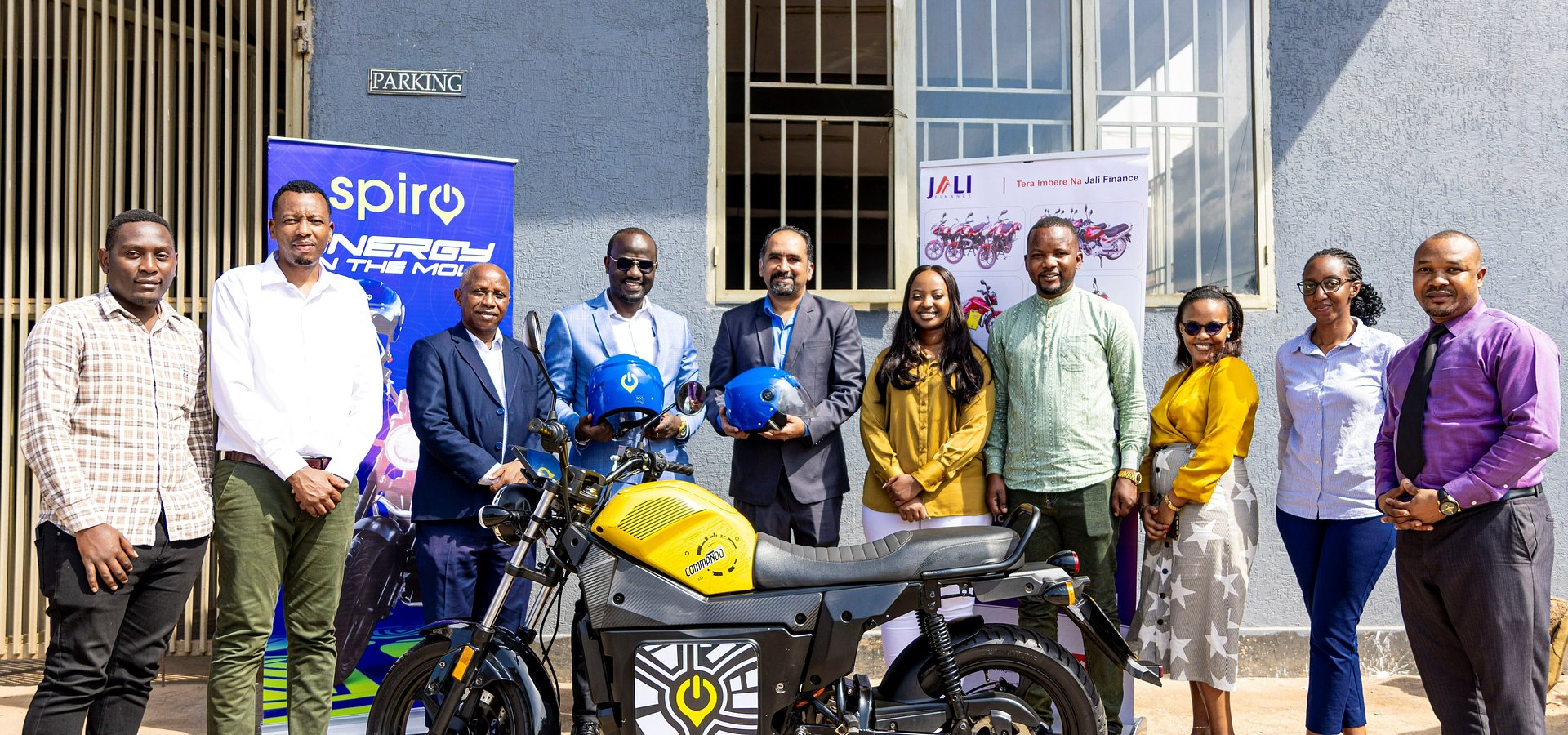In a world chasing net-zero goals, the clean energy obstacle is shifting from innovation to implementation.
Tagaddod, one of Egypt’s fastest-growing cleantech firms, just raised $26.3 million to scale sustainable fuel production, a crucial step toward greener transport across Africa and beyond.
This isn’t just another startup cash infusion; it’s a vote of confidence in turning waste into wings, powering the surge in sustainable aviation fuel (SAF) and biofuels.
As global mandates kick in and demand skyrockets, Tagaddod’s tech-driven approach to sourcing renewable feedstocks could redefine how emerging markets fuel the energy transition.
From Cairo Streets to Global Supply Chains
Founded in 2013 by Nour El Assal and Ahmed ElFarnawany, Tagaddod started as a humble operation in Cairo, focusing on collecting used cooking oil (UCO) and other waste-based feedstocks.
Today, it’s a sophisticated platform that aggregates, traces, and certifies renewable materials like UCO, acid oils, waste oils, and animal fats from fragmented collectors; think small vendors, restaurants, and farms across the region.
This digital backbone ensures compliance with international standards, turning unreliable scraps into export-ready inputs for biofuel producers.
With operational hubs in Egypt, Jordan, and the Netherlands, Tagaddod already spans three continents and is pushing into Saudi Arabia and beyond, eyeing growth across Africa, Asia, Europe, and the Gulf.
The company’s tech stack? AI-powered logistics for real-time tracking, blockchain-like traceability for certification, and data analytics to optimise collection routes. It’s not just collecting oil; it’s building verifiable chains that unlock billions in decarbonisation credits and premiums.
The $26.3M Boost: Fueling Scale in a Feedstock-Starved World
Announced just days ago, the Series A round was led by The Arab Energy Fund (TAEF), a heavyweight in regional clean energy investments, with participation from FMO (the Dutch entrepreneurial development bank), Verod-Kepple Africa Ventures (VKAV), and A15.
This $26.3 million war chest isn’t going to R&D experiments; it’s earmarked for heavy lifting: expanding market access, upgrading AI-driven compliance and logistics tools, and scaling infrastructure to handle export-grade volumes.
READ ALSO:
Who Is Leading Africa’s Energy Future? Meet the AEW 2025 Winners
Why now? Feedstock scarcity is the weakness of the biofuels boom. SAF production, which can slash aviation emissions by up to 80%, relies on these waste-based inputs, but supply chains in emerging markets are notoriously opaque and inefficient.
Tagaddod’s model flips that script, creating a “one-stop shop” for producers needing certified volumes. In a sector where a single traceability issue can tank a deal, this funding positions Tagaddod as the reliable middleman scaling from local hauls to global hauls.
SAF Mandates Heat Up: Why Feedstocks Are the New Oil
The timing couldn’t be better or more urgent. As of January 2025, the UK’s SAF mandate kicked off at 2% of total jet fuel demand, ramping to 10% by 2030 and 22% by 2040.
Across the globe, the EU’s ReFuelEU Aviation regulation mirrors this, mandating gradual SAF blends to hit net-zero goals, with enough projected supply to meet targets through 2030 but warnings of tighter squeezes beyond.
Even South Korea jumped in recently, announcing a 1% SAF blending mandate for departing flights, scaling to 10% by 2035.
These aren’t optional checkboxes; they’re enforceable quotas backed by fines, driving airlines and refiners to scramble for inputs.
Global SAF demand is forecasted to hit 2 million tonnes in 2025 alone, but costs remain a hurdle, with SAF being 2-5 times pricier than fossil jet fuel today.
Enter players like Tagaddod: By digitising sourcing in feedstock-rich but logistically challenged regions like the Middle East and Africa (MEA), they could slash costs through efficiency and volume.
Biofuels in the MEA: A Market Ripe for Disruption
Zoom out to biofuels broadly, and the MEA region is a powder keg of potential. The market clocked in at $304.8 million in 2023 and is barreling toward a 9.7% CAGR through 2030, fuelled by waste abundance and policy tailwinds.
Globally, biofuels are projected to swell from $175.24 billion in 2024 to $187.83 billion in 2025, with emerging markets like Africa and Asia leading the charge in second-gen fuels from agricultural and urban waste.
Tagaddod’s impact? It’s already forging partnerships that turn local waste into global value; think Jordanian restaurants feeding Dutch refineries.
This raise amplifies that, potentially unlocking billions in “waste-to-fuel” economics for MEA economies. Challenges remain: regulatory harmonisation, infrastructure gaps, and competition from big agribusinesses.
But with AI compliance tools, Tagaddod could standardise what’s been a volatile area of sourcing, making emerging markets competitive feeders for Europe’s SAF hunger.
The Big Picture: Is This the Scalable Fix We’ve Been Waiting For?
In a world where reliability reigns supreme, Tagaddod’s verifiable chains aren’t just nice to have; they’re mission-critical.
This funding doesn’t just supercharge one company; it signals investor appetite for tech that democratises the clean energy supply chain.
For SAF and biofuels, it means faster ramps to mandate compliance, lower costs through optimised logistics, and a blueprint for other regions to follow.
As IATA notes, there’s ample feedstock globally to hit net-zero aviation by 2050 if we can source it right. Tagaddod’s bet? Emerging markets hold the key, and with this capital, they’re set to turn chokepoints into superhighways.
Watch this space:The next decade’s decarbonisation winners won’t be the biggest refiners but the smartest sourcers.
Tagaddod Egypt continues to grow as one of the country’s most innovative sustainability startups, creating exciting opportunities through Tagaddod vacancies and Tagaddod jobs listed regularly on its official Tagaddod LinkedIn page.
The company offers structured programmes like the Tagaddod internship, designed to help young professionals gain hands-on experience in the green energy sector.
Those exploring Tagaddod careers can expect a dynamic work environment, competitive Tagaddod salaries, and a mission-driven culture focused on impact and innovation.
Ronnie Paul is a seasoned writer and analyst with a prolific portfolio of over 1,000 published articles, specialising in fintech, cryptocurrency, climate change, and digital finance at Africa Digest News.






